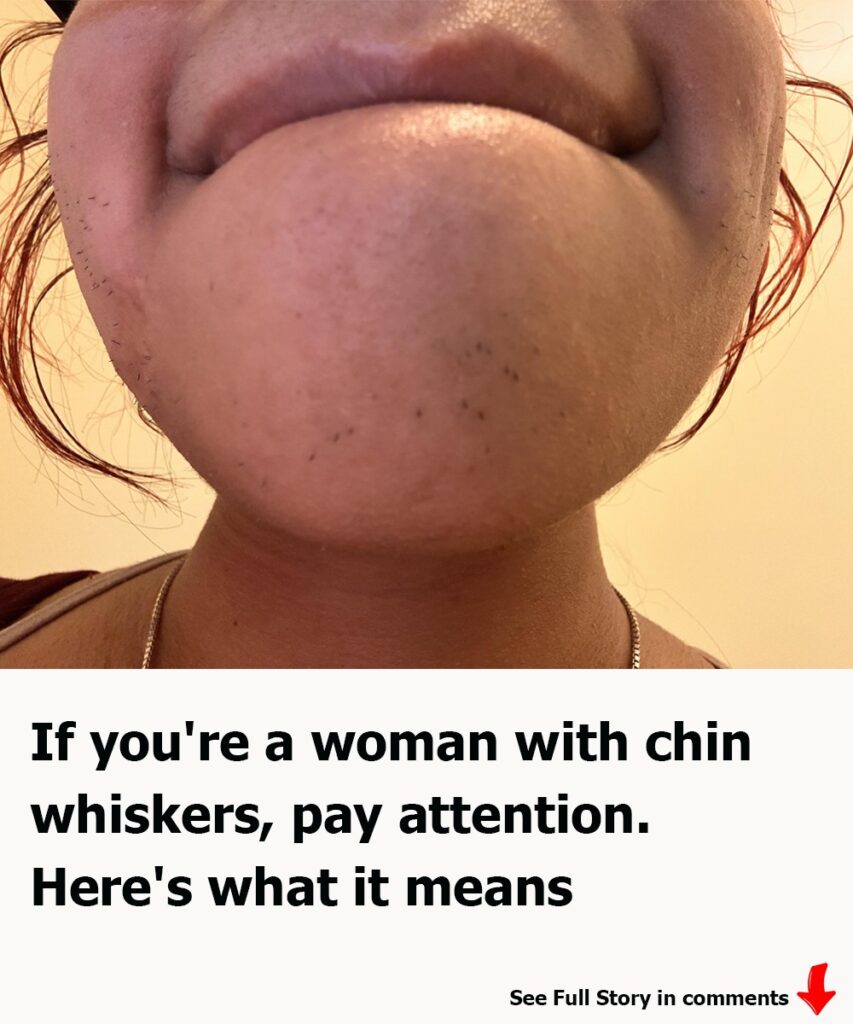
Understanding Chin Whiskers in Women: Causes, Impact, and Solutions
Chin whiskers in women, while often a source of concern, are more common than many realize. These facial hairs can vary in texture and color—from soft and light to coarse and dark. Some women may notice only a few stray hairs, while others experience more visible growth. Recognizing that chin hair is a normal occurrence influenced by various factors—including hormones, genetics, and health conditions—is key to understanding and managing it.
What Causes Chin Hair in Women?
The Science Behind Facial Hair Growth
Like all body hair, chin hair follows a natural growth cycle:
- Anagen (growth)
- Catagen (transitional)
- Telogen (resting)
Androgens—hormones such as testosterone—play a major role in stimulating hair growth. While women naturally produce androgens, increased levels or heightened sensitivity can cause more prominent facial hair. Genetics also determine the number and placement of hair follicles, influencing how much hair appears on the chin.
Hormonal Triggers
Hormonal changes are a leading cause of chin whiskers in women. Common contributing factors include:
- Polycystic Ovary Syndrome (PCOS): Often causes elevated androgens, leading to hirsutism (excess hair in male-pattern areas).
- Menopause: A drop in estrogen shifts the hormone balance, often resulting in new facial hair.
- Medications: Certain birth control pills and hormone therapies can affect hair growth patterns.
Genetics and Family History
Genetic predisposition plays a key role. If your mother, grandmother, or close female relatives have chin hair, you’re more likely to develop it too. Ethnic background can also influence hair growth, with women of Middle Eastern, South Asian, or Mediterranean descent more prone to facial hair.
Medical Conditions That May Be Involved
In some cases, excessive facial hair may point to an underlying medical issue. Conditions that may contribute include:
- PCOS (most common)
- Adrenal disorders
- Cushing’s syndrome
- Thyroid imbalances
- Hormone-producing tumors
If facial hair growth is sudden or accompanied by other symptoms (e.g., irregular periods, weight gain, or acne), consult a healthcare provider.
Emotional and Psychological Impact
How Chin Hair Affects Mental Well-being
Many women experience emotional distress from chin hair. Common effects include:
- Embarrassment or self-consciousness
- Anxiety about appearance
- Negative body image and low self-esteem
- Avoidance of social situations
- Obsession with hair removal
- Financial and time costs of maintenance
- Skin irritation from frequent removal
- Fear of underlying health issues
- Relationship or intimacy concerns
- Increased risk of anxiety or depression
Society and Cultural Pressure
Beauty standards often favor smooth, hairless skin, making women with facial hair feel less feminine or stigmatized. Media and cultural ideals reinforce this pressure, though growing conversations around body positivity are helping shift attitudes.
Hair Removal Options
Several effective methods exist, depending on your needs and skin type:
- Temporary: Plucking, shaving, waxing, depilatory creams
- Long-term: Laser hair removal, electrolysis
- Prescription Treatments: Creams like eflornithine may reduce hair growth over time
A dermatologist can help you choose a safe, suitable method.
When to See a Doctor
Consult a healthcare professional if:
- Hair growth is sudden or excessive
- Accompanied by irregular periods, acne, or weight changes
- You’re concerned about possible hormonal or medical conditions
Blood work or imaging may help identify underlying causes, and early diagnosis can make management easier.
Lifestyle Tips and Natural Remedies
Certain changes can help regulate hormones and reduce hair growth:
- Maintain a healthy weight: Especially helpful for women with PCOS
- Balanced diet: Focus on whole grains, vegetables, and lean proteins
- Spearmint tea: Some evidence suggests it may lower androgen levels
- Stress management: Yoga, mindfulness, or therapy can help balance hormones
Conclusion: Finding Balance and Confidence
Chin whiskers are a natural part of life for many women. Understanding the causes, options for management, and emotional impact can help you make informed choices. Whether you choose to remove the hair or embrace it, do what feels right for you. You’re not alone—and there’s no one “right” way to deal with facial hair. Compassion, knowledge, and support go a long way in promoting both health and confidence.


